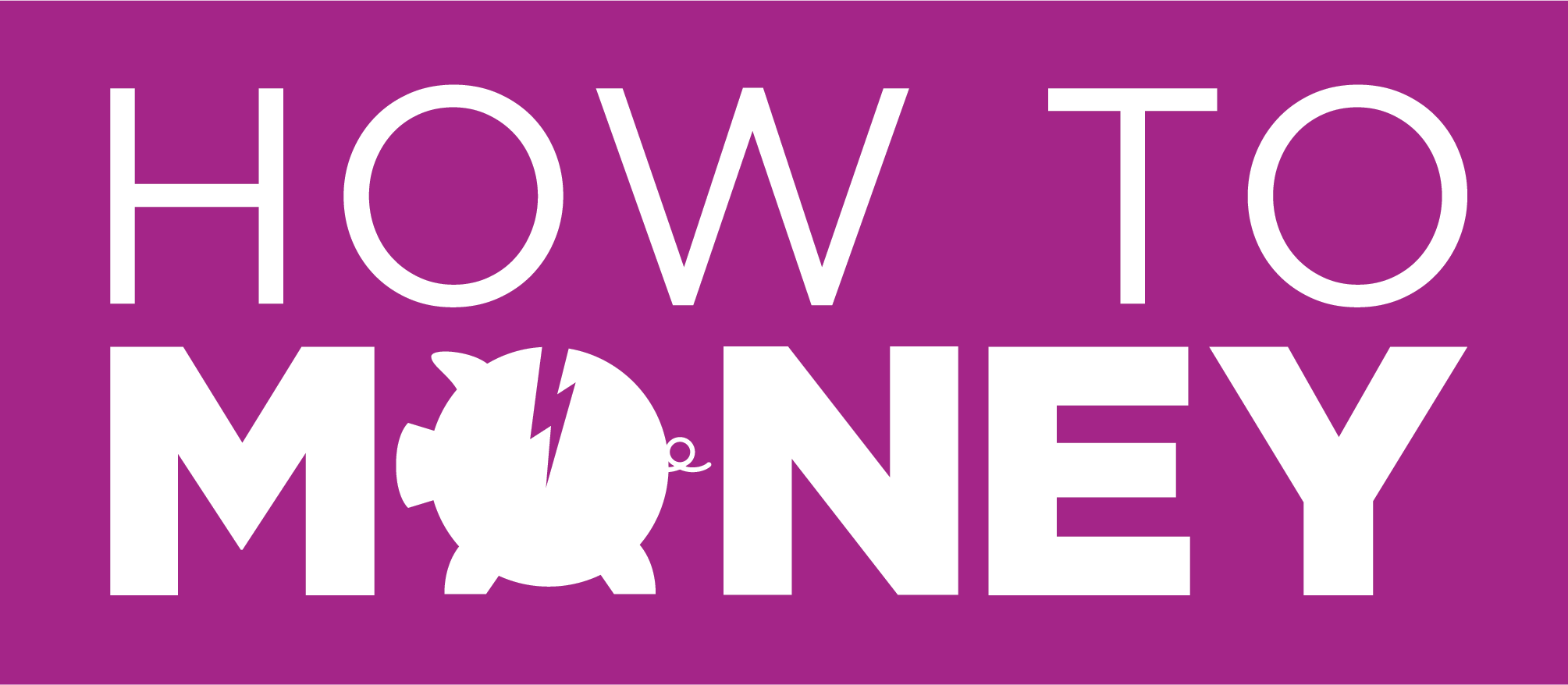
Your 10 Step Financial Health Checklist
A financial checklist is a clear and structured tool that can help you progress towards your financial goals. With fluctuating phases of motivation and surprise bills that pop up throughout the year, it’s easy to fall into old habits and quit on the goals you previously set yourself. To better position yourself for financial success, here’s a checklist of the major tasks you should work through, to strengthen your financial future.
1) Pay off that debt
Take a step back and review what is tied to you, including your mortgage, student loans, credit cards, and other loans. Slowly but surely paying off these debts that have accumulated over the past few months or years is a great way to ensure you are off to a fresh start. Even if it’s saving the change from your lunch today, putting money towards freeing yourself of debt is a positive step in the right direction.
2) Make a budget
Be realistic about making a budget. Many people are prone to create budgets that are too loose or too tight – financial budgets should be clear and realistic. If you want to have a good shot at hitting your financial goals, then it helps to break the bigger goals down into more manageable bite-sized objectives which you can gradually work through bit by bit to create better financial habits.
3) Track your expenses
Do you really need that second coffee today? Could you push dinner with friends to next week? Are you paying off a subscription that you never use? Tracking your expenses will be the easiest thing you do. So, whether it’s with a good old-fashioned spreadsheet or with the help of a handy budgeting and savings app, hold yourself accountable and start tracking your spending.
4) Consider your goals
The end result may be large or small but a financial goal must be realistic and should include a savings plan. This gives you a useful overview of where your money is going and where you can cut down on any expenses. You can open a dedicated savings account and set up an automatic transfer of funds to get you closer to your destination.
5) Read the fine print
We all skim the terms and conditions and hope for the best but sometimes the small things can amount to a very large bill by the end of the year. For example, health insurance, life insurance, homeowners insurance and auto insurance. All of these types of insurances have endless pages of disclaimers. It’s important to evaluate your insurance policies and other contracts regularly — to make sure you’re properly insured and are not paying too much (watch out for any sneaky fees).
6) Emergency funds
Create an emergency fund or increase your emergency fund savings. No one wants a surprise bill at any time, so it’s important to be prepared for unplanned needs by creating a rainy day fund and an emergency fund. Your emergency fund should have enough money to cover your expenses for three to six months. You’ll have this money set aside in the event of a more serious setback, such as a layoff or an illness that prevents you from working.
7) Consider your retirement goals
What do you envision for your future? Do you imagine it with your loved ones close by the beach or driving across the country only needing to worry where to turn next? Remember that putting money away regularly for retirement, even if it’s a small amount at first, can really pay off over time. Determine how much you might need to save each month to reach your retirement goals.
8) Reassess your existing bills
Think about what your daily, weekly and monthly expenses are and revaluate whether these are necessities or desires. Once you start tracking your bills, it’s only a matter of time until you start to notice all your big money-wasters. So, whip out that money-saving detector and go through all your regular bills and expenses to find any potential ways to save some more money.
9) Change services (if you can!)
Research, research, research! You do not have to stay where you are situated now. You can find cheaper and better services if you take some time to sit down and look. Whether this is changing banks to one with better rates, locating services with lower fees or even just cancelling unnecessary expenses, this will keep more money in your bank account.
10) Automate your worries
Automating your finances is a great way to maintain the positive changes you make. Automating your savings is a game-changer for reaching longer-term financial goals. Automating your finances also helps you to achieve specific goals by systematically creating positive long-term habits, while helping you fight the temptation to deviate from your financial plan.
I hope that following these 10 tips will assist you in defining your financial goals and lead you to greater financial health in the long term.
Deborah Southon — HTM Guest Contributor
Deborah Southon is an Executive Director and founding partner of FSA Group which offers a range of debt solutions and direct lending services which are tailored to suit individual circumstances and to achieve successful outcomes for clients. FSA Group is listed on the ASX and is the backer for Easy Bill Pay. Easy Bill Pay was originally conceived as a very simple and accessible way to empower people to be the master of their finances, allowing people to stay on top of bills, minimise late payments, track their spending, set savings goals, reduce stress, feel a sense of control and claim back more time to enjoy life.
Want to learn more about money and personal finance? Check out our article archive, the How To Money Podcast and the Australian Finance Podcast. Catch us on Twitter @HowToMoneyAUS and Instagram on @HowToMoneyAUS.
Important Information
The information on this blog and website is of a general and educational nature only. It does not take into account your individual financial situation, objectives or needs. You should consider your own financial position and requirements before making a decision, as we are not an advisory service. We recommend you consult a licensed financial adviser in order to assist you. The information is based on assumptions or market conditions which can change without notice, and this will impact the accuracy of the information provided. This website and blog occasionally provide links to third-party sites, aimed at helping you gather the information required to make an informed decision — we may receive payment for these referrals.






